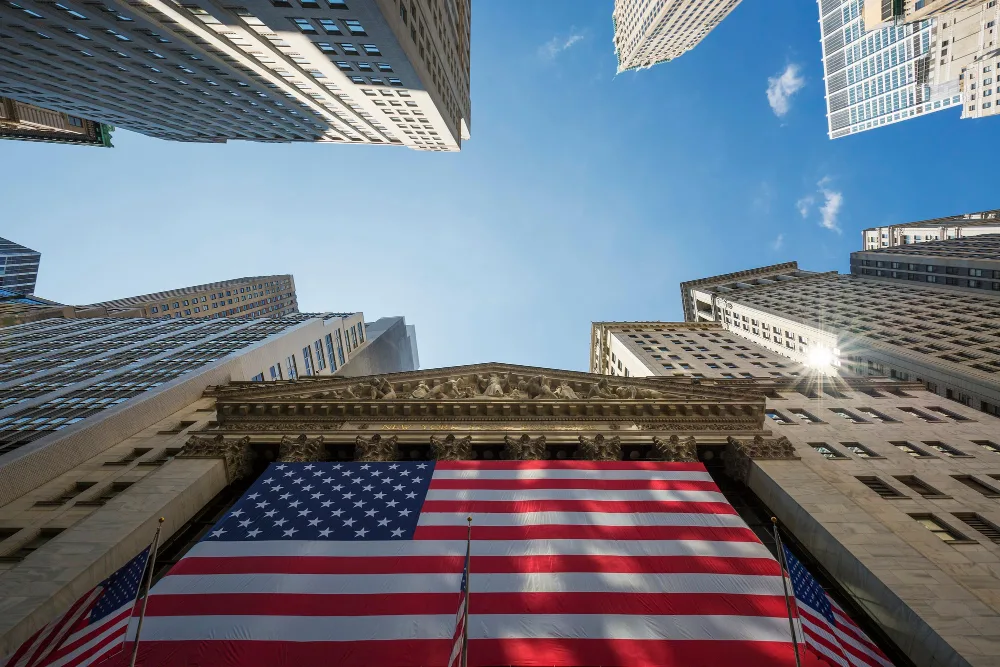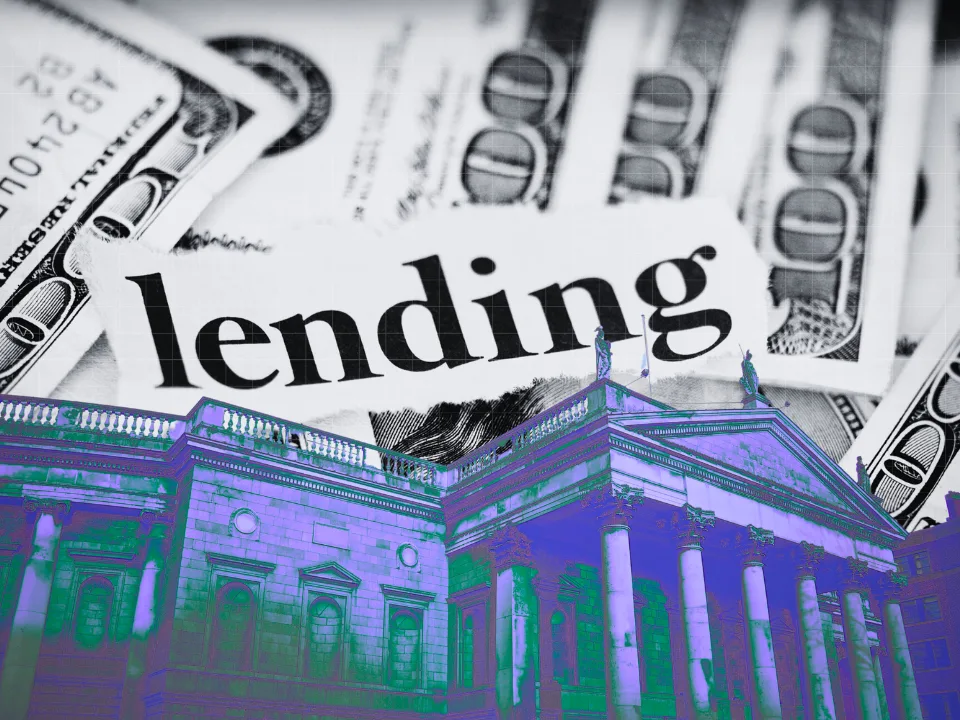- The Supreme Court will hear a case this week challenging Donald Trump’s use of the International Emergency Economic Powers Act (IEEPA) to unilaterally impose tariffs, particularly targeting trading partners like China, Canada, and Mexico.
- A ruling against Trump could limit presidential authority on trade and set off further litigation over tariff refunds, while a favorable ruling would solidify the president’s unilateral control—potentially causing more volatility for CRE markets.
- Commercial real estate sectors—especially construction, retail, and industrial—are closely watching the case as material costs, project timelines, and consumer spending hang in the balance.
What’s At Stake
At the heart of the case is Trump’s use of IEEPA, a 1970s law designed to regulate foreign threats, not trade policy, per Bisnow. Trump used the law to justify tariffs on goods from more than 100 countries, citing national emergencies tied to trade deficits and the fentanyl crisis. Lower courts have ruled that the use of IEEPA in this way was illegal.
Now, small businesses are suing, claiming the tariffs harmed their operations through rising costs and layoffs—arguments that have broad implications for the CRE industry.
Why CRE Should Care
If the Supreme Court upholds the use of IEEPA tariffs:
- Policy uncertainty may increase, as the president could have sweeping trade powers without Congressional approval.
- CRE sectors tied to construction could see further inflation in material costs due to high tariffs on steel, aluminum, copper, and lumber.
- Retail and office markets may feel the pressure if costs are passed to consumers and tenants, reducing disposable income and investment appetite.
- Industrial and logistics sectors may benefit from continued reshoring, as supply chain concerns push companies to bring manufacturing stateside.
If the Supreme Court strikes down the tariffs:
- Uncertainty may persist, as the administration could seek new avenues under other trade laws to impose tariffs, though likely with more procedural hurdles.
- CRE could see short-term relief on costs, but refund payouts are unlikely to be immediate and would require further litigation.
- A rollback could support stability in pricing and supply chains, which would benefit long-term planning across all asset classes.
Get Smarter about what matters in CRE
Stay ahead of trends in commercial real estate with CRE Daily – the free newsletter delivering everything you need to start your day in just 5-minutes
Real-Time Impact on CRE
- A rise in construction delays: One in four contractors reported paused or delayed projects in August due to tariffs, up from 20% in June.
- Retailers are already reacting: Carter’s is closing 150 stores and laying off 300 employees, citing the rising cost burden of tariffs.
- Material costs continue to climb: Steel and aluminum imports face 50% tariffs, with 10–25% charges on lumber. These hikes increase development costs and complicate underwriting.
Market Sentiment
Markets appear skeptical that Trump’s tariff authority will be upheld:
- Betting platforms Polymarket and Kalshi estimate around a 36–37% chance the Supreme Court rules in favor of Trump’s use of IEEPA.
- Meanwhile, Wall Street is pricing in potential tariff refunds, with trades ranging from $2M to $100M based on anticipated payouts if the court rules against the administration.
Looking Ahead
While a final decision may not come until mid-2026, the implications for commercial real estate are already materializing. Developers and investors are watching closely for signs of either extended volatility or a return to predictable policy-making. Regardless of the outcome, the ruling will set a precedent for how future administrations use emergency powers—and CRE is preparing either way.

















